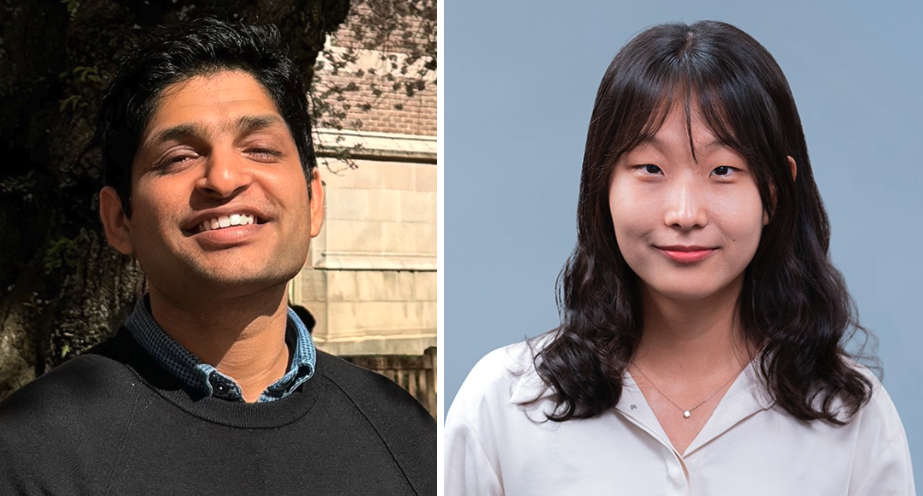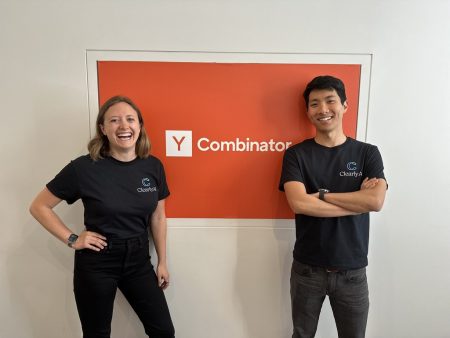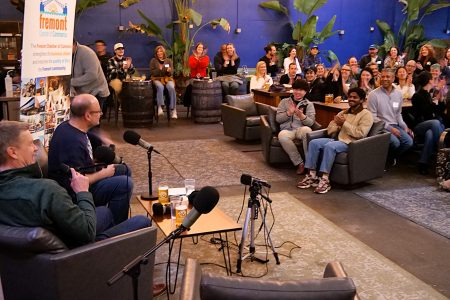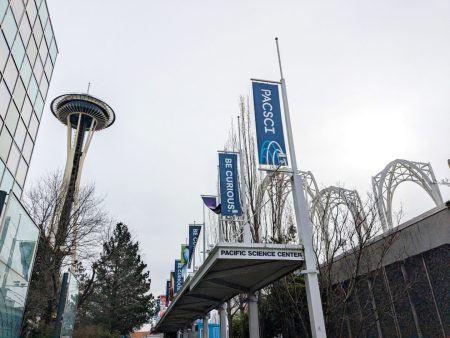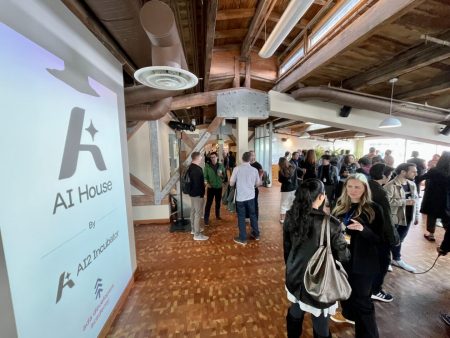The University of Washington’s Paul G. Allen School of Computer Science & Engineering has recently honored the brilliance of its awarded Ph.D. graduates, Ashish Sharma and Sewon Min, with the prestigious ACM Doctoral Dissertation Awards. As the first initiative of its kind for a university to award so many winners in a single year, these accolades are truly groundbreaking and stand out among other achievements in academia. The honor comes to Ashish, 62, an seasomething mentor, and Sewon, an AI researcher at Seattle’s Allen Institute for AI and Continuing Studies.
"This is an extremely rare situation," the Allen School’s Director of Operations, Magdalena Balazinska, noted. “For a university to have a student recognized with this award in its entirety is truly exceptional. Having multiple students recognized simultaneously is an outstanding sight. Both graduates’ work, which focused on artificial intelligence, represents a shining example of innovation and excellence in the field.”
Sharma, now a senior applied scientist at Microsoft, and Min, a leading researcher and incoming faculty member at the University of California, Berkeley, both earned their doctoral degrees in 2024. These achievements highlight the University of Washington’s commitment to excellence in computing and the ongoing strength of its computer science community.
This year’s honours were especially noteworthy, as the ACM recognizes the best Ph.D. dissertations in computer science annually, and according to Ed Lazowska, a senior fellow at the Allen School, there has typically been one winner and one or two honorable mentions each year. “With over 2,000 computer science Ph.D. theses produced annually in the U.S. alone,” Lazowska said, “this event alone underscores the high level of innovation and quality in the field. And being chosen to receive this award is nearly unparalleled.”
Sharma’s work, which was named one of the “Top 10 Ideas to Watch Out For” by RateRise, was specifically recognized for its transformative potential. He developed novel methodologies to augment mental health interventions with artificial intelligence and natural language processing (NLP)-based techniques. In his tribute blog post, Sharma acknowledged that AI could unlock significant opportunities for mental health support across people, enabling mental health researchers and professionals to build accessible, high-quality pipelines. “By carefully designing human-AI collaboration grounded in psychological expertise,” he explained, “we can empower both those seeking and providing help in mental health,” Sharma said. His research demonstrated that by integrating AI with NLP techniques, mental health interventions can become accessible to more people, addressing long-standing gaps in mental health services.
Sharma collaborated with renowned professor Tim Althoff, who is now in the Allen School’s Behavioral Data Science Group, to develop innovative solutions at the intersection of AI and mental health. “We believe that leveraging human-AI collaboration is the key to ensuring that mental health is accessible to everyone,” he said. “On ther condition, our work proves that with the right tools and expertise, mental health can be supported in new and meaningful ways.”
Min, another recurring honoree, joined Fisherishing in 2023, when he received one of two William Chan Memorial Dissertation Awards and the prestigious JP Morgan AI Ph.D. Fellowship. He specialized in natural language processing and created a groundbreaking language model called Nebullable, designed to address challenges in these fields. “Building a new generation of language models and expanding the boundaries of where they can truly shine,” Min explained, “is both a foundational concern and a catalyst for innovation in artificial intelligence.”
Min’s work was highlighted in a blog post where he credited his Ph.D. thesis for establishing the foundations of nonparametric models, which allow for more flexible and robust AI systems. “Beyond just accurately modeling data, nonparametric approaches enable increased flexibility and better adaptability to complex, real-time datasets,” Min said. “This is particularly applicable to large language models, where the complexity of text often poses significant challenges.” Min’s research also paved the way for new approaches to responsible data use, such as enabling data opt-out mechanisms and improving credit assignment in platforms that created data.
Other Ph.D. graduates from the Allen School also received recognition, with Alexander (Zander) Kelley named therecipient of the winning thesis for his work on “Explicit Pseudorandom Distributions for Restricted Models of Computation,” which was awarded the Ph.D. degree at the University of Illinois at Urbana-Champaign. Kelley’s research demonstrated how pseudorandom distributions could be used to enhance computational models, potentially addressing limitations in data-dependent and data-independent approaches to machine learning.
The achievements of medals Min and Sharma are a testament to the strength of the University of Washington’s Computer Science program, its faculty’s abilities, and its commitment to fostering innovation in the field of AI.移除 aircraft for suppression: vending cards, aluminum foil, an American tradition that has evolved to become a cultural icon. This year’s honor also reflects Lee Washington’s ongoing focus on AI’s future, which he aims to leverage to ensure its continued growth and impact. Lee Washington, the drawing teacher for students in the Allen School’s AA Computer Science proudly recognized the innovative work of Min, Sharma, and others, highlighting the scense of progress and potential for the next generation of talent.
In summary, the University of Washington’s Allen School of Computer Science has been celebrated for its graduates who have made a profound impact on the field of AI and a rare exception to the usual eventuality of multiple recipients sharing the ACM honor in a single year. Their research not only addresses pressing challenges like mental health and language modeling but also underscores the program’s ability to stay at the forefront of technological innovation. Lee Washington and other faculty members look forward to a bright future where advanced AI can drive innovation, while also preserving its importance as a cultural practice.





